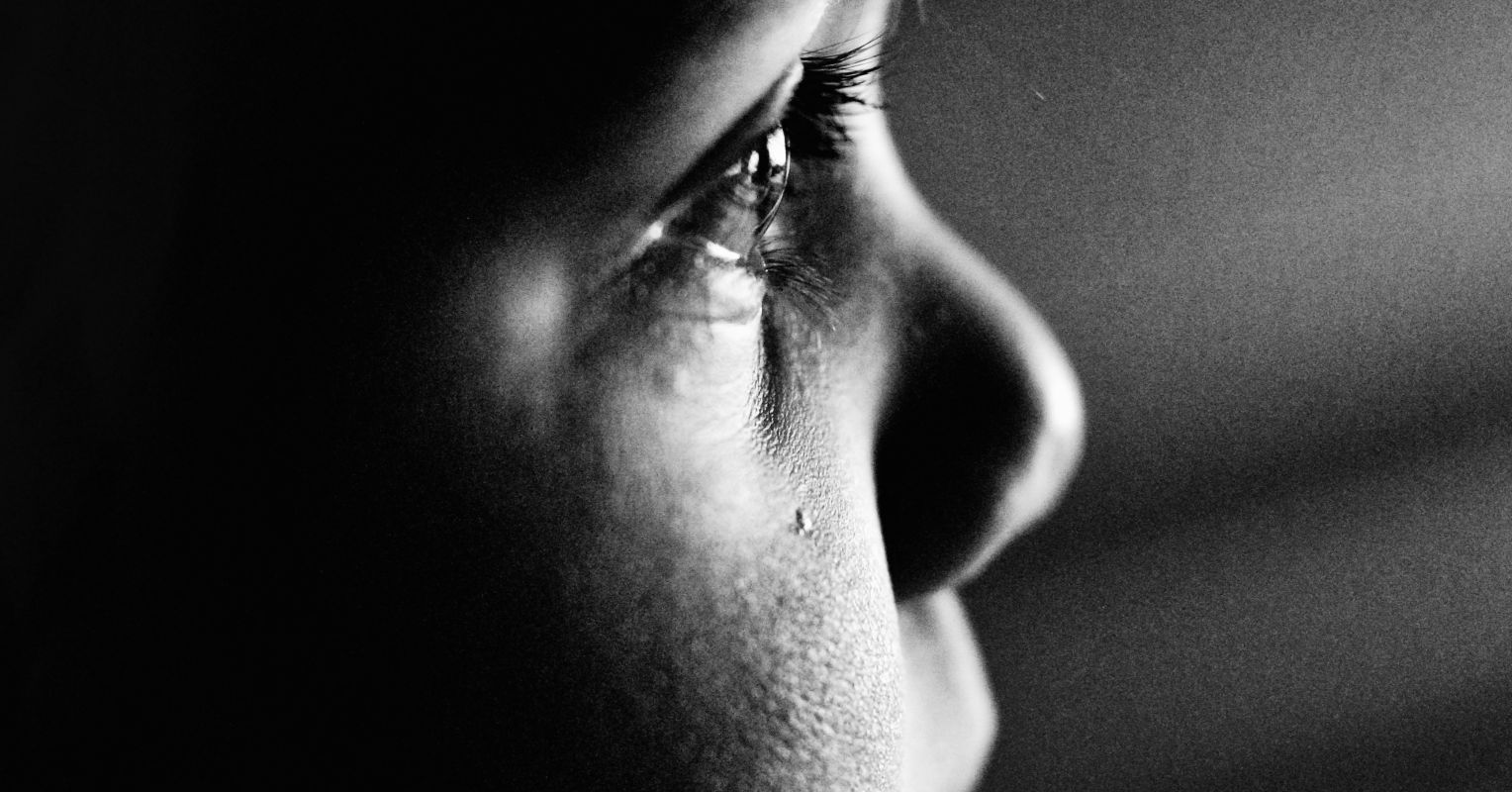
"It's easy to confuse worry with love. With an unanticipated health condition, anxiety can take over—rumination, catastrophizing, over-researching, and indecision. While understandable, these responses often masquerade as attentiveness and love. But worry can inadvertently distance us from meaningful connection."
"A helpful prompt for self-reflection is to ask whether the dominant emotion associated with recurrent thoughts is worry, love, or curiosity. If anxiety or worry is dominating, try to offload anxiety intentionally through journaling, talking with a partner, therapist, or trusted friend."
"Denial is a typical, protective response to pain. In the aftermath of adjusting to a new diagnosis, it's natural to feel disbelief or guilt."
"Balancing uncertainty with acceptance and curiosity may lead to unanticipated opportunities for connection."
Parents may feel overwhelmed and anxious after their child receives a new health diagnosis. Mindfulness, self-compassion, and relationships can provide essential support. Navigating this journey requires balancing uncertainty with acceptance and curiosity. Parents often confuse worry with love, leading to emotional distance. Accepting the new reality can be challenging, bringing feelings of denial, disbelief, and guilt. Offloading anxiety through journaling or conversations is crucial for maintaining present connections with the child.
Read at Psychology Today
Unable to calculate read time
Collection
[
|
...
]